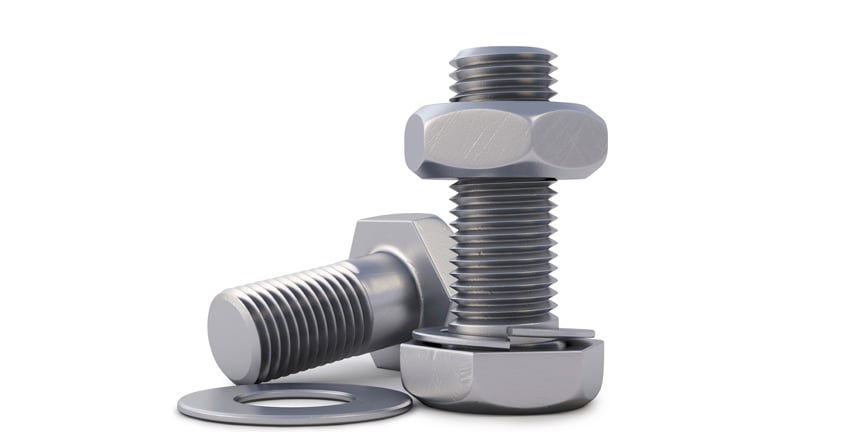- North America:(408) 850-9978
- International:+44 1428 741756

In 1999, a navigation error led to the tragic loss of the Mars Climate Orbiter, a stark reminder of the consequences of unit conversion mistakes. Despite its sophisticated design, the spacecraft burned up in the Martian atmosphere because course information was not converted from English units to metric. This event underscores the importance of understanding torque values, especially when dealing with metric and standard bolts.
Torque, which measures radial force, varies based on material, temperature, and atmospheric conditions. Each bolt or screw must be fastened with a minimum amount of radial force to ensure it stays in place and performs its function effectively. Torque values are expressed as a number followed by force and distance units, such as 17 ozf.in or 17 inch-ounces.
There are three main measurement systems for torque: Imperial (used in the US), Metric (used globally), and International Standard. Converting between these systems is crucial for accurate torque application, ensuring fasteners neither fall out or fail due to incorrect torque.
Converting torque values between different systems is relatively straightforward, as these units describe the same phenomena using different scales. However, for mission-sensitive applications, redundant layers of quality assurance are essential to ensure accuracy and prevent catastrophic errors.
Applying the correct amount of torque is crucial. Using tools calibrated to deliver specific torque levels is essential for achieving precision in fastening. Continuous range tools like DC control electric screwdrivers offer flexibility, while stepped interval tools like adjustable or preset torque screwdrivers provide preset torque levels.
Understanding the different measurement systems and how to convert values between them is essential for manufacturers operating in our interconnected world. It ensures product reliability, safety, and mission success across various industries, from aerospace to automotive and electronics. Delivering appropriate torque takes the right tools, calibrated to the scale your fasteners are measured on, to avoid costly mistakes.
The Mountz Advantage
At Mountz, we understand the importance of human customer support. That's why our experienced team takes the time to understand your application requirements comprehensively. Drawing on our extensive industry experience, we offer personalized recommendations to streamline your assembly processes and enhance efficiency.
Mountz stands out in terms of durability. We know that preventing downtime is paramount to your success, so our tools are built to last. Rigorously tested to meet the highest standards, our products deliver unmatched reliability, ensuring your operations run smoothly without interruption.
Trust Mountz for industry-leading torque solutions designed by experts, backed by exceptional customer support, and built to withstand the demands of your assembly processes. Contact us today and experience the Mountz advantage firsthand.
Related Content